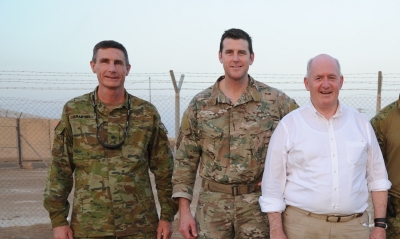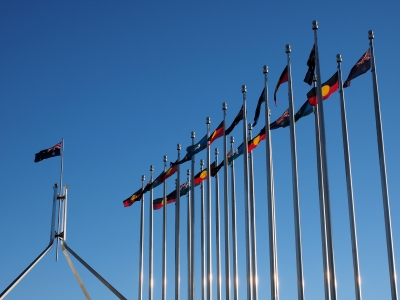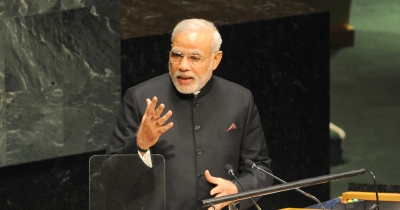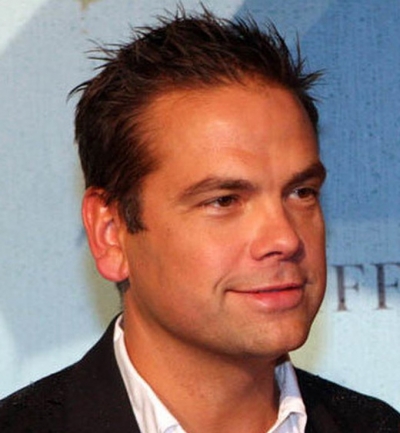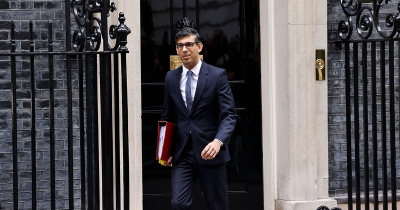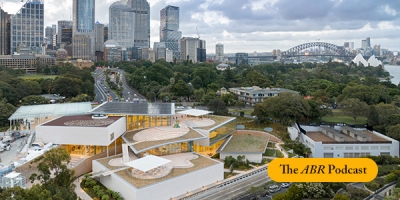Commentary
Justice Anthony Besanko’s dismissal of Ben Roberts-Smith’s defamation proceedings against a trio of mastheads – The Age, The Canberra Times, and The Sydney Morning Herald, at the time all owned by Fairfax – was a comprehensive victory for those newspapers. It was a vindication of their serious investigative journalism on matters of high public interest. And it was a devastating blow to the reputation of Roberts-Smith.
... (read more)On 27 May 1967, a proposal to change two clauses of the Australian Constitution won the approval of 90.77 per cent of those who voted, the highest ever achieved in an Australian referendum. In the forthcoming referendum, according to various opinion polls, the best the advocates for a ‘yes’ vote can hope to achieve is a bare majority. How can this difference be explained? Several factors appear to be at work. They range from the simple, which are acknowledged, to the complex, which don’t seem to be known.
... (read more)It is 1856 in a village near Lucknow, the capital of the northern Indian kingdom of Awadh. Two nawabs, Mir and Mirza, are engrossed in a game of chess, oblivious to the calamity unfolding around them. Satyajit Ray’s 1977 screen adaptation of Munshi Premchand’s short story ‘The Chess Players’ captures the decadence and idleness of Awadh, whose indulgent nobility preferred reciting Urdu poetry, listening to ghazals, and enjoying the sensuous pleasures of the zenana to paying attention to the well-being of their subjects. As Mir and Mirza continue the chess game, their state is annexed by the British on the pretext of maladministration – without a shot being fired.
... (read more)Lachlan Murdoch’s defamation proceedings against Crikey promised to be a test case on the new public interest defence. Following Murdoch’s discontinuation of his claim in April, the scope and application of the public interest defence to defamation await another appropriate vehicle.
... (read more)In 2008, at the Australian zenith of the American custom of rating the first hundred days in power, Kevin Rudd issued a fifty-five-page booklet to mark his new government’s quotidian ton. Inevitably, it proved nothing much at all. Critics said it was both premature and simply validated the critique that Labor under Rudd had ‘hit the ground reviewing’. The Sydney Morning Herald worked out that Rudd had initiated an inquiry every four days, which sounded bad. But after eleven years of John Howard’s government, many things required attention. As Rudd countered, Howard had initiated ‘495 inquiries and reviews in 2005–06 alone’.
... (read more)It is a truism that all politics is performance. Successful leaders are frequently adept in the manipulation and deployment of scripts, props, stages, and costumes. To their credit, British politicians have worked exceedingly hard over the past year and more to explore the full range of theatrical genres. The vaudevillian moral vacuum of Boris Johnson’s government was reprised in recent weeks as Johnson put on a command performance, all wispy blond hair and faux indignation, for the Commons Privileges Committee. The unbelievable farce that ended his time at 10 Downing Street gave way swiftly to the burlesque-cum-tragicomedy of Liz Truss and her chancellor’s calamitous (not to say ironic) ‘mini’ budget. We seem to have arrived, in the efforts of Rishi Sunak and Keir Starmer to out-gravitas one another, at a sustained attempt to revive the long-lost tradition of the morality play.
... (read more)The recent pause announced by Prime Minister Benjamin Netanyahu in pushing a controversial legislative package through the Knesset marks a temporary respite from a concerted plan to challenge and overturn the system of government that has been in place since the state of Israel was created in 1948.
... (read more)In December last year, the Art Gallery of New South Wales launched its Sydney Modern project, the centerpiece of which was an extraordinary new building overlooking Sydney Harbour. Sydney Modern has received mixed reviews, some lamenting that it seems to have been designed as a chic backdrop for Instagram selfies. In this week’s ABR podcast, Julie Ewington, an arts curator and broadcaster, describes her first encounter with Sydney Modern in a piece titled ‘Lyrical layers at AGNSW’, published in the April issue of ABR.
... (read more)Back in the early 1980s, when I was working in Canberra as a public servant in an open-plan office, I obtained a doctor’s certificate declaring that I was allergic to cigarette smoke. I wasn’t – not at least in any strict medical sense. I was merely a healthy non-smoker who found being enveloped in clouds of second-hand cigarette smoke distressing and unpleasant.
... (read more)Nearly fifty years ago, when President Lyndon Johnson decided to begin scaling down Washington’s disastrous war in Vietnam, the Australian Minister for the Air, Peter Howson, confided to his diary that ‘to my mind it’s the first step of the Americans moving out of Southeast Asia and … within a few years, there’ll be no white faces on the Asian mainland’.
... (read more)

